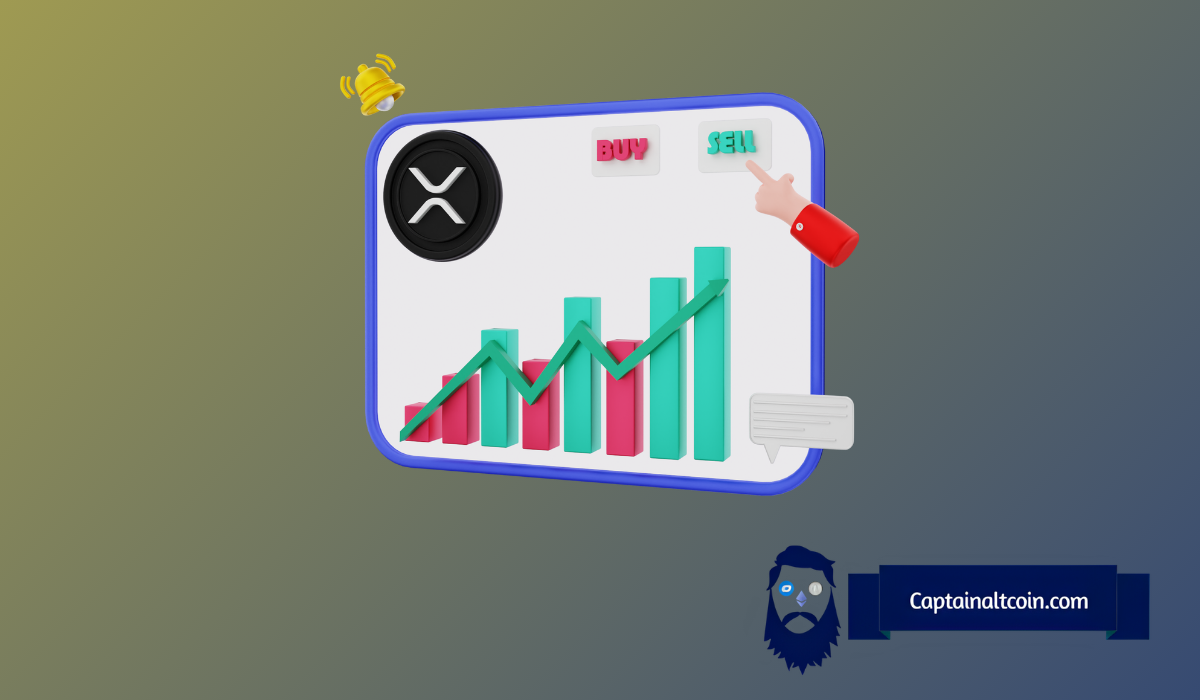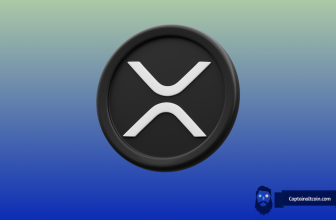
Ripple has taken another big step in Europe. The company announced a new deal with Spanish banking giant BBVA to bring its digital asset custody technology to Spain. This comes as BBVA launches a new crypto trading and custody service for its retail customers.
With the new service, people in Spain can now buy, sell, and hold bitcoin and ether directly through BBVA. Ripple’s custody platform will power the behind-the-scenes infrastructure, making sure assets are stored securely and in line with strict European rules.
What you'll learn 👉
Why This Deal Matters
This is more than just another partnership. It shows how traditional banks are finally moving faster into crypto now that MiCA regulation is in place across the EU. MiCA gives clear rules for digital assets, which means banks can enter the market with more confidence. Ripple’s technology is built for compliance, so it fits neatly into this new framework.
Cassie Craddock, Ripple’s Managing Director for Europe, said the move highlights how banks in the region are responding to customer demand. She called BBVA one of Europe’s most innovative banks and said Ripple is proud to back its plans with secure and compliant technology.
Ripple Custody 🤝 @BBVA 🇪🇸
— Ripple (@Ripple) September 9, 2025
We're expanding our partnership with @BBVA, bringing our institutional-grade digital asset custody technology to Spain: https://t.co/28Mkejn1AH
BBVA is responding to growing customer demand for crypto assets, with Ripple providing a secure and…
BBVA’s Push Into Crypto
For BBVA, this is not the first time it has stepped into digital assets. The bank already launched crypto services in Switzerland and partnered with Garanti BBVA in Turkey. Spain is now the next major market where BBVA will roll out crypto custody.
Francisco Maroto, Head of Digital Assets at BBVA, said the goal is simple: give customers a safe and reliable way to explore crypto. He pointed out that Ripple’s platform meets the highest operational and security standards, which allows BBVA to handle custody directly instead of relying on third parties.
Ripple’s Growing Role in Europe
This deal also strengthens Ripple’s position in Europe, where regulation is becoming clearer and adoption is growing. Ripple already has over 60 regulatory licenses worldwide, making it one of the most established firms in the space. Its focus is not only payments but also custody and tokenization — three areas where European banks are now looking to expand.
By working with BBVA, Ripple is showing that its technology can serve some of the biggest names in traditional finance. The company believes its infrastructure can help banks store, move, and exchange digital assets just as easily as traditional ones.
What It Means Going Forward
For the crypto industry, Ripple’s entry into Spain through BBVA highlights how digital assets are becoming mainstream banking products. For Ripple, it builds on a decade of experience and proves that its solutions are trusted by major global institutions.
While this specific deal is about custody for bitcoin and ether, it also keeps the door open for future tokenized assets. With MiCA regulation live, banks could eventually expand into other areas of crypto, stablecoins, or even tokenized securities. Ripple will likely be in a strong position to support those moves.
Subscribe to our YouTube channel for daily crypto updates, market insights, and expert analysis.




